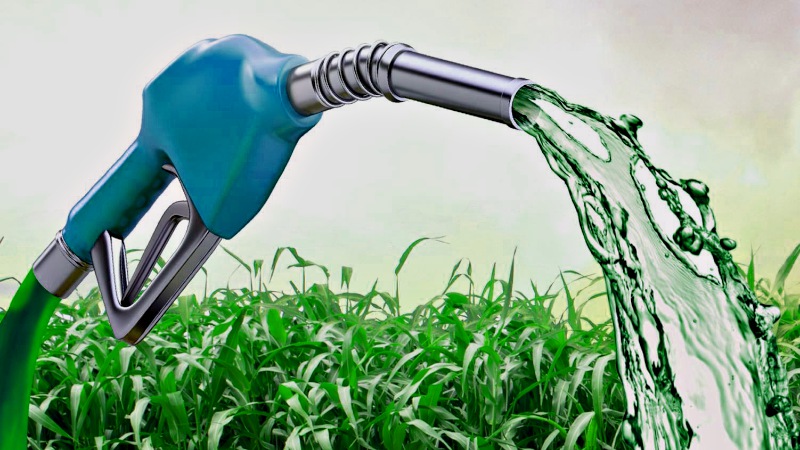Biofuels are derived from renewable biomass that can replace, partially or totally, fuels derived from oil and natural gas in combustion engines or other types of power generation.
According to the Agência Nacional de Petróleo, Gás Natural e Biocombustíveis – ANP (Brazilian Petroleum, Gas and Biofuels regulatory agency), about 45% of energy and 18% of fuel consumption in Brazil are from renewable sources. In the world, 86% of energy consumption comes from non-renewable sources. A world pioneer in the production of biofuels, Brazil has reached a position sought by many countries that seek to develop renewable energy sources as a strategic alternative to oil.
The main liquid biofuels consumed in Brazil are ethanol, produced from sugarcane, and, on an increasing scale, biodiesel, produced from vegetable oils or animal fats. Biodiesel is added to diesel from petroleum in several proportions.
ECB Group has been working for a long time to offer renewable and innovative fuels, helping to keep the country in a leading position in the development of energy sources that contribute to economic growth and for the sustainable development of the planet.
We started with biofuels production in Brazil and joined the progressive struggle for a rule to blend biodiesel to petroleum-based diesel aiming to reduce CO2 emissions. This was 15 years ago, when I founded BSBIOS, the first ECB Group company, in partnership with Petrobras. Since then we have grown to become the largest biodiesel producer in the country.
RenovaBio
It is important to highlight the achievement with the Brazil national biofuel policy – RenovaBio, established by Law No. 13,576 / 2017, to provide an important contribution to the fulfillment of Brazil’s nationally determined commitments under the Paris Agreement and promote the expansion of biofuels in the Brazilian energy matrix.
RenovaBio’s main instrument is the definition of annual national decarbonization targets for the fuel sector, which were settled for the period from 2019 to 2029 by Resolution CNPE (National Energy Policy Council) No. 15, June 24, 2019.
The national targets determined by the CNPE will be broken down annually into mandatory individual targets for fuel distributors, according to their market share in the fossil fuel market, under ANP Resolution No. 791/2019, June 12, 2019.
The 1st of March 2020 marked the increase to 12% of biodiesel in the blend – the so-called B12 minimum -, another advance in the National Program for the Production and Use of Biodiesel. The forecast is to reach 15% by 2023. The consolidation of this process, which positioned Brazil as a reference in the sector, allowed us to work with a medium- and long-term vision to produce a new generation of advanced biofuels.
We will return to RenovaBio in future posts, mainly considering the effects of the Covid-19 pandemic.

